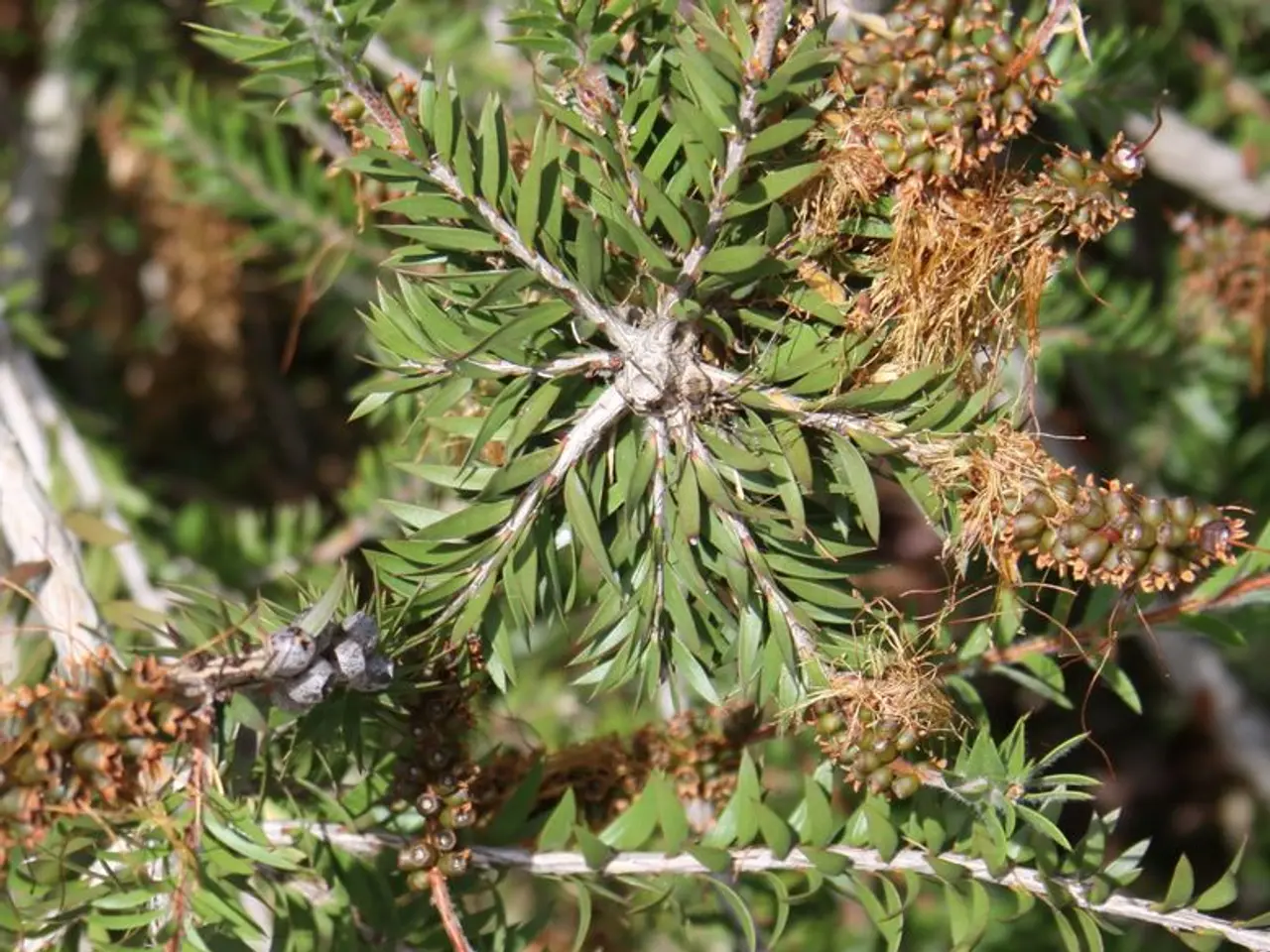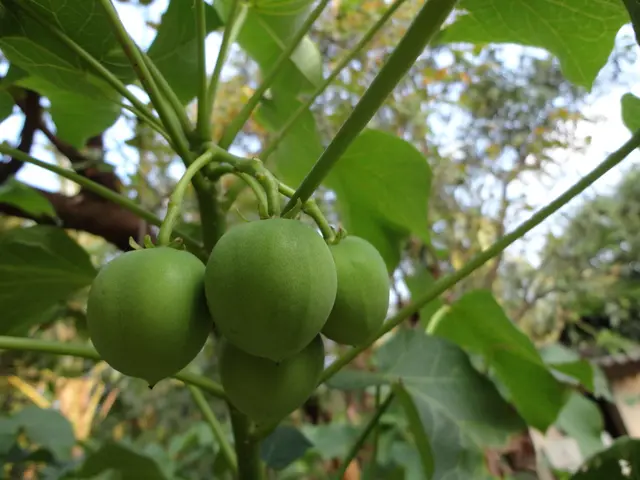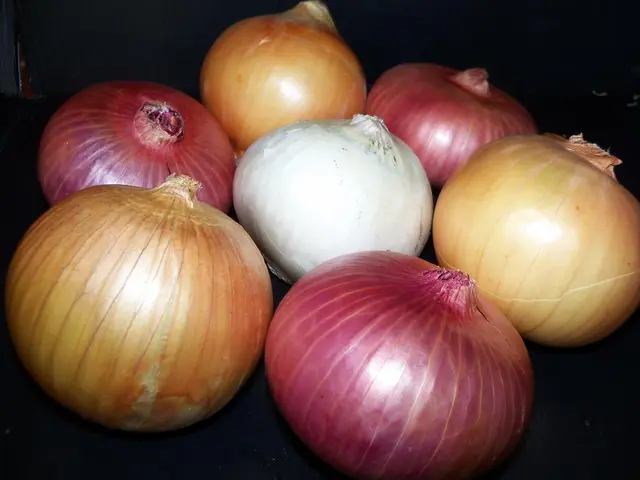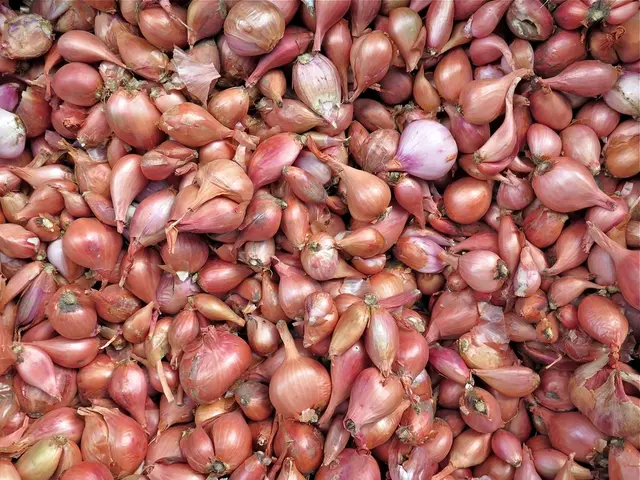Best Times to Plant Fruit Trees in Pennsylvania: Recommended Seasons and Guidelines
**Planting Fruit Trees in Pennsylvania: A Comprehensive Guide**
For garden enthusiasts in Pennsylvania, planting fruit trees can be a rewarding endeavour. With the right preparation and care, you can enjoy homegrown apples, pears, cherries, and peaches. Here's a step-by-step guide to help you get started.
**The Best Planting Times**
The best times to plant fruit trees in Pennsylvania are generally early spring (March to May) or early fall (September to October). These periods provide optimal conditions for root establishment before extreme temperatures of summer or winter set in [3][4][5].
**Preparing the Site**
When planting an orchard, choose a location with full sunlight and good air circulation. Avoid heavy clay soils that retain water. It's also essential to dig test holes to understand the soil composition and drainage capabilities before planting [1].
**Soil Preparation**
Improving soil structure with compost or organic matter before planting will give your trees a great start. Sandy loam is a good choice for soil because it balances nutrients and drainage [6]. If the soil isn't well-drained, consider installing a French drain to avoid waterlogging [7].
**Planting the Tree**
Start by digging a hole twice the size of the tree's root ball. Make the hole wide (about 3 feet) and deep enough to accommodate the roots comfortably. Place the tree in the hole at the same depth it was in the nursery. Backfill the hole with the soil you've prepared, gently tamping it down to eliminate air pockets [1].
**Caring for Your Tree**
In the first year, the tree will need consistent watering, aiming to provide at least one gallon of water per week. As the tree grows, water deeply once a week for established trees [2]. Mulching around the base of the tree helps retain moisture and reduces weed competition [4].
**Pruning and Maintenance**
Remove dead, damaged, or diseased wood when pruning. Keep the center of the tree open to allow light and air to penetrate. Use a stake to support the tree against strong winds and reduce the risk of damage. Use soft ties wrapped around the tree and stake to provide flexible support as the tree grows [1].
**Ideal Fruit Trees for Pennsylvania**
Ideal fruit trees for these zones include apple trees, pear trees, cherry trees, and peach trees [8]. Remember, since Pennsylvania has deer that can damage young trees, protecting them with fencing or guards is advised [3].
**Expert Advice from Glen**
Glen, a gardening expert with over 15 years of experience in garden maintenance, design, and landscaping services, creates helpful content for a blog. His latest posts include guides on garden fungicides, picking candy cane peppers, and picking watermelons [9].
**Planting in Late Fall**
Late fall planting allows the tree to focus on root development during the cooler months, reducing the chance of pest infestations. There's something magical about watching a tree blossom into life with the arrival of warm weather, and early spring planting allows trees to establish roots before summer heat [10].
**In Conclusion**
By following these guidelines, you can ensure that your fruit trees thrive in Pennsylvania. With the right care and attention, you'll be enjoying homegrown fruit in no time!
When preparing a home-and-garden project in Pennsylvania, consider planting a variety of fruit trees such as apples, pears, cherries, and peaches to enhance your lifestyle. To give your trees the best possible start, choose a location with full sunlight and good air circulation, pay attention to soil composition and drainage, and follow appropriate planting and caring techniques.








